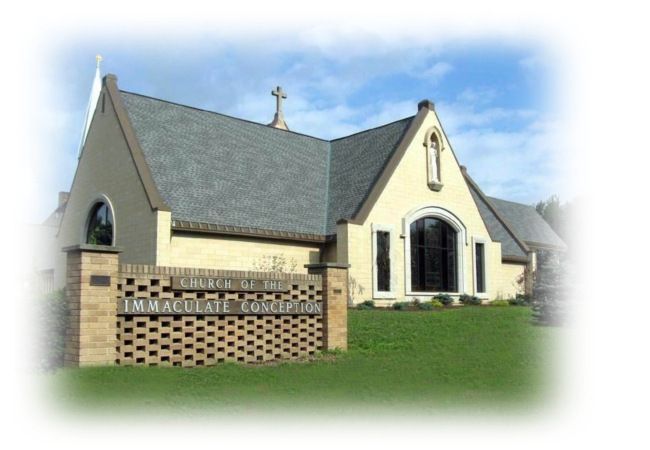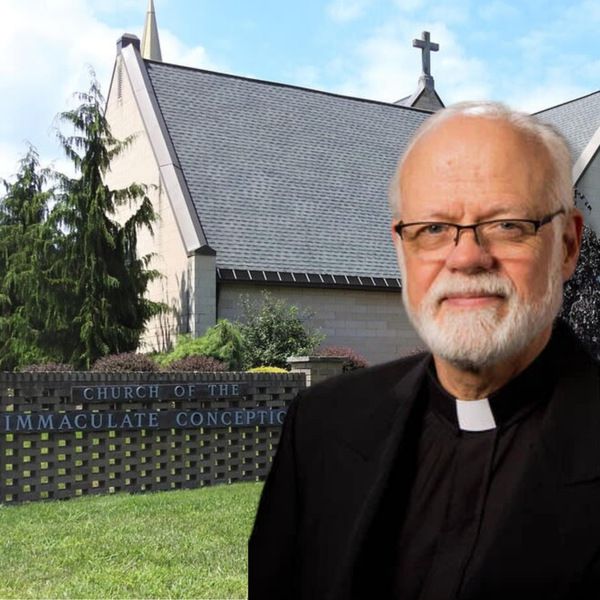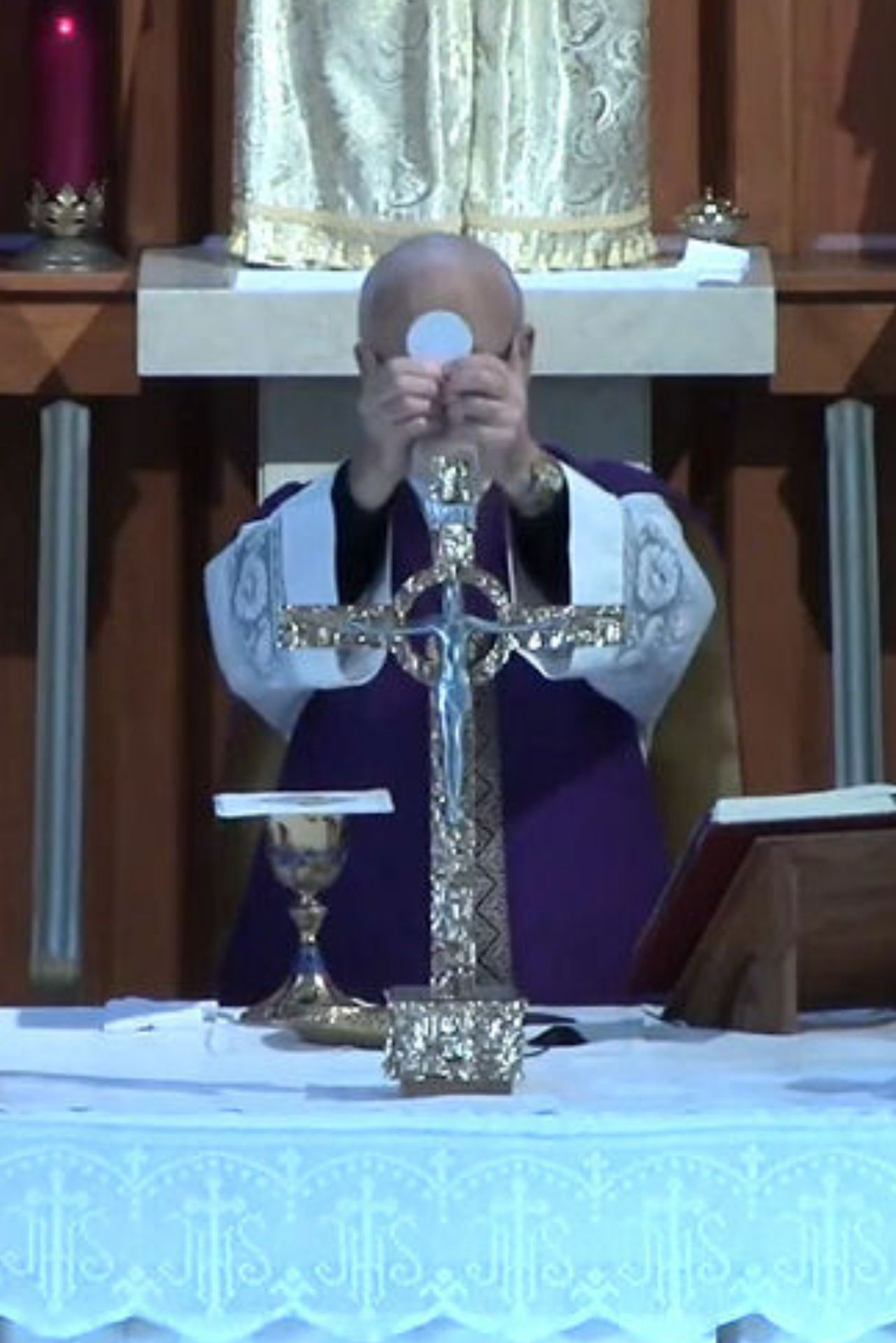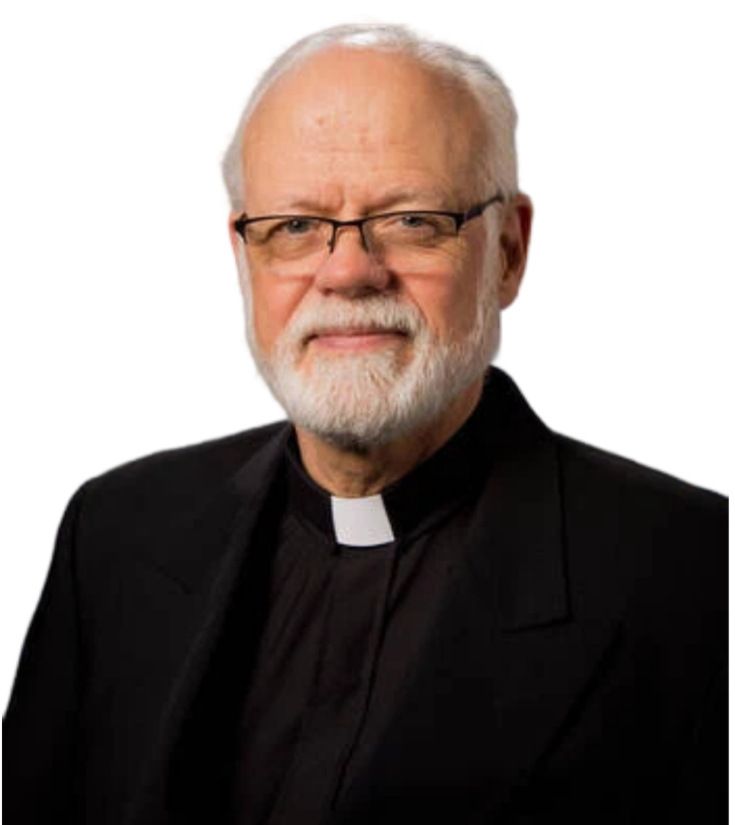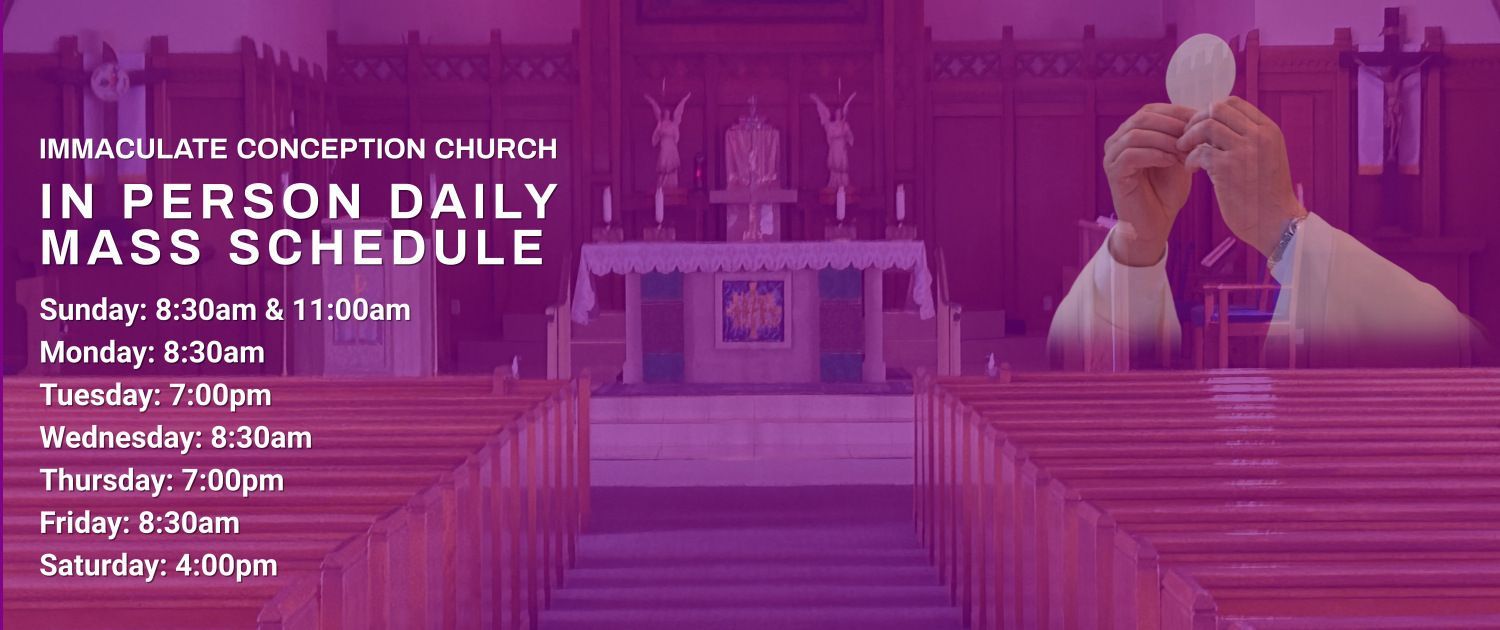Today, the Church begins seven weeks in celebration of the victory of Jesus over death. As we say in the Creed, “On the third day, [Jesus] rose from the dead”. His resurrection was not expected by His closest followers, even though He spoke about it from time to time. When certain of His followers went to His tomb, on Easter morning,they went to see what needed to be taken care of, being that Jesus had no real funeral.His body had been hustled off the cross and interred in a stranger’s tomb. What Hisdisciples found was mysterious: Jesus’s burial wrappings were there, but His body wasn’t. No graverobber would have unwrapped a body before stealing it. Where was His body?
Jesus appeared in His resurrected state, over the course of 40 days, to selected followers (not to His enemies, e.g., Caiaphas, Pontius Pilate, Herod). He did this in order to convince them that He had conquered death and was truly risen. His body was the same body but no longer limited by the laws of space and time. His body was spiritualized, no longer subject to suffering or death. He could walk
through closed doors (etc.). What does this mean for us?
Jesus’s resurrection vindicates everything He ever said or did. His resurrection gives our faith substance. It gives us the hope of overcoming death, ourselves. It gives us the hope of rising from the grave with perfected and spiritualized bodies. How do we participate in such a resurrection?
We started when we received the sacrament of Baptism (see Romans 5). (It is fitting that on Easter Sunday; we renew our Baptismal promises at Mass.) Baptism, though, for most people is only a beginning. If we grow into adulthood, we must live a life of faith. We must turn from sin and strive for holiness. (As Catholics, we have the sacrament of penance to assist us, here.) We need to live Eucharistic lives, by participating in Mass at least on Sundays and holy days of obligation. (John 6.54: “Whoever eats my body and drinks my blood has eternal life, and I will raise him on the last day.”) We must stay faithful to Christ. To do so, we can rely on the advocacy of the Blessed Mother, who has also participated in resurrection (we call this her Assumption). We pray each day so as to grow in our love for God and neighbor.
Jesus offers us so much. Never take Him for granted. Live the faith. Spread the faith. Many people do not seem to understand how much they need Jesus or the Church He founded, although they are supposed to be Catholics. Many people have fallen into the trap of worldliness, or they’re living in denial. Many Catholics have ceased practicing their faith altogether. The world can’t save us, nor can
we save ourselves. Only Jesus can save us (if we let Him).
Happy Easter! Thank God for Jesus.

